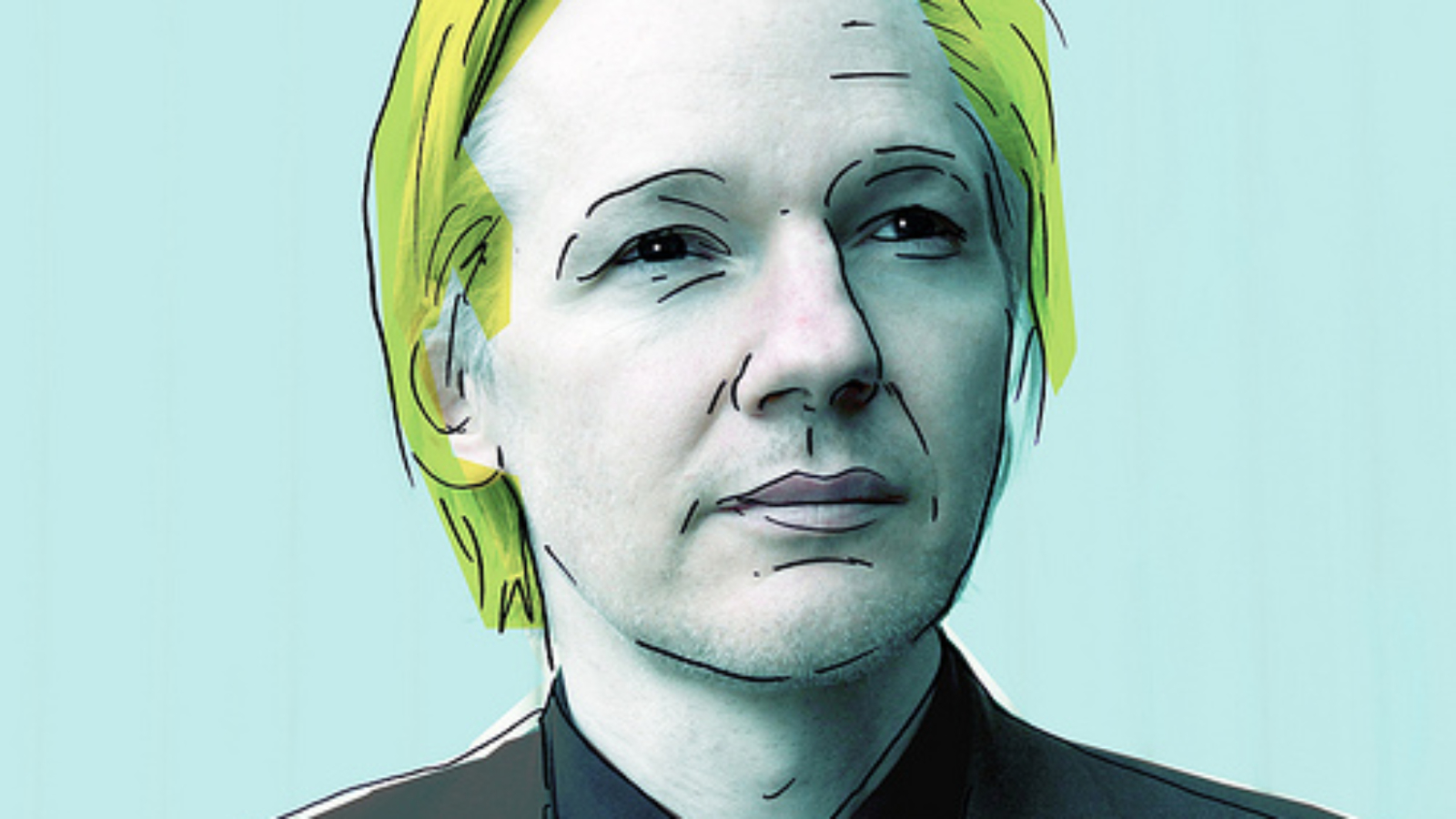By David A. Andelman
As the president of the Overseas Press Club, I’ve refrained from weighing in until now, but have certainly followed the debate over WikiLeaks with close and compelling interest. I should add the caveat that even now, my views do not in any sense represent the official position of the club (which may or may not adopt one), its Freedom of the Press Committee or the board of directors.
What I do believe is that WikiLeaks is, by and large, not an entirely negative phenomenon. I fear, however, that Julian Assange is perhaps a somewhat unfortunate, even distasteful, poster-boy for the whistleblower formula he espouses and for which he has become not only the champion but the prime mover. Yet WikiLeaks as an institution itself may be serving a critical purpose. In the Spring 2010 issue of the magazine I edit, World Policy Journal, we ran a letter from inside a federal penitentiary by Bradley Birkenfeld, who turned over to American authorities the names and Swiss bank accounts of hundreds of American tax evaders. He pointed out that by punishing any single leaker we inevitably turn off a host of such potential sources in the future. Yet the leaker, or carried to a contemporary extreme the whistleblower, has been a mainstay of our profession as journalists from time immemorial.
Many of us will recall the case of James Reston of theNew York Times, who learned of the Bay of Pigs invasion before it took place, yet after a personal request from President Kennedy, refrained from publishing. Later, after its all but catastrophic failure, the President told Reston it would probably have been for the best had he ignored the presidential plea.
It is my firm belief that in the end, it should be up to each of us as professional journalists to make the ultimate decision whether to publish leaked information. In that sense, we make a host of critical decisions every day. Is the source of the leak credible? Does the information check out from other sources, and how do we source it in the first place? Is it of sufficiently compelling interest, in other words is it “news”?
As for WikiLeaks, should we in fact excoriate the conduit of the unveiled information? In the case of the Pentagon Papers, should it have been theNew York Times and Washington Post that were prosecuted (even in the face of the protection granted by the U.S. Constitution) or Daniel Ellsberg, the leaker? Of course many felt that it should have been those malignant souls who got us into the Vietnam War in the first place who should have been the targets of venom.
In the case of the latest WikiLeaks dump, this is a real mother lode. Contained here is a window into history as it is being made—uncensored, un-redacted. Many historians are clicking their heels that they will not have to wait until archives are declassified under a Freedom of Information Act request 50 years from now and then only heavily redacted. Journalists are delighted at the ability to shine a light into many of the darkest corners, the underside, of the events they are reporting every day. Ironically, even some foreign officials are privately pleased that their inner-most fears are being surfaced while maintaining some deniability as to the origins of these views.
Without question, sources and methods should likely be protected in some fashion. The problem is, who is to be the “decider?” Is it the same people who created this material in the first place? Their intention is all too often to sweep their colossal errors under the carpet of history, hoping that a half century hence they will be gone or the material of only marginal interest and of negligible ability to influence the events that they’d polluted. In this immediate case we are debating, as Sir Richard Dearlove, the former head of MI6, observed to me recently, most of this series of WikiLeaks are barely classified—confidential or perhaps secret, but hardly top secret or higher (though not surprisingly, he’s opposed to the WikiLeaks operation).
In the end, I suppose, we must deal with WikiLeaks as we deal with any of the world’s most responsible news media. Certainly, I would hope none of us espouses the concept of some governmental authority deciding what should appear on the front page of theTimes tomorrow (as was the case with Soviet media in the communist era). If such material passes the litmus test of responsible journalists and commentators, the public has a right to know.
David A. Andelman is the editor of World Policy Journal and the president of the Overseas Press Club of America.
This commentary was originally published on the website of the Overseas Press Club of America.
Image courtesty of Flickr user mataparda.
